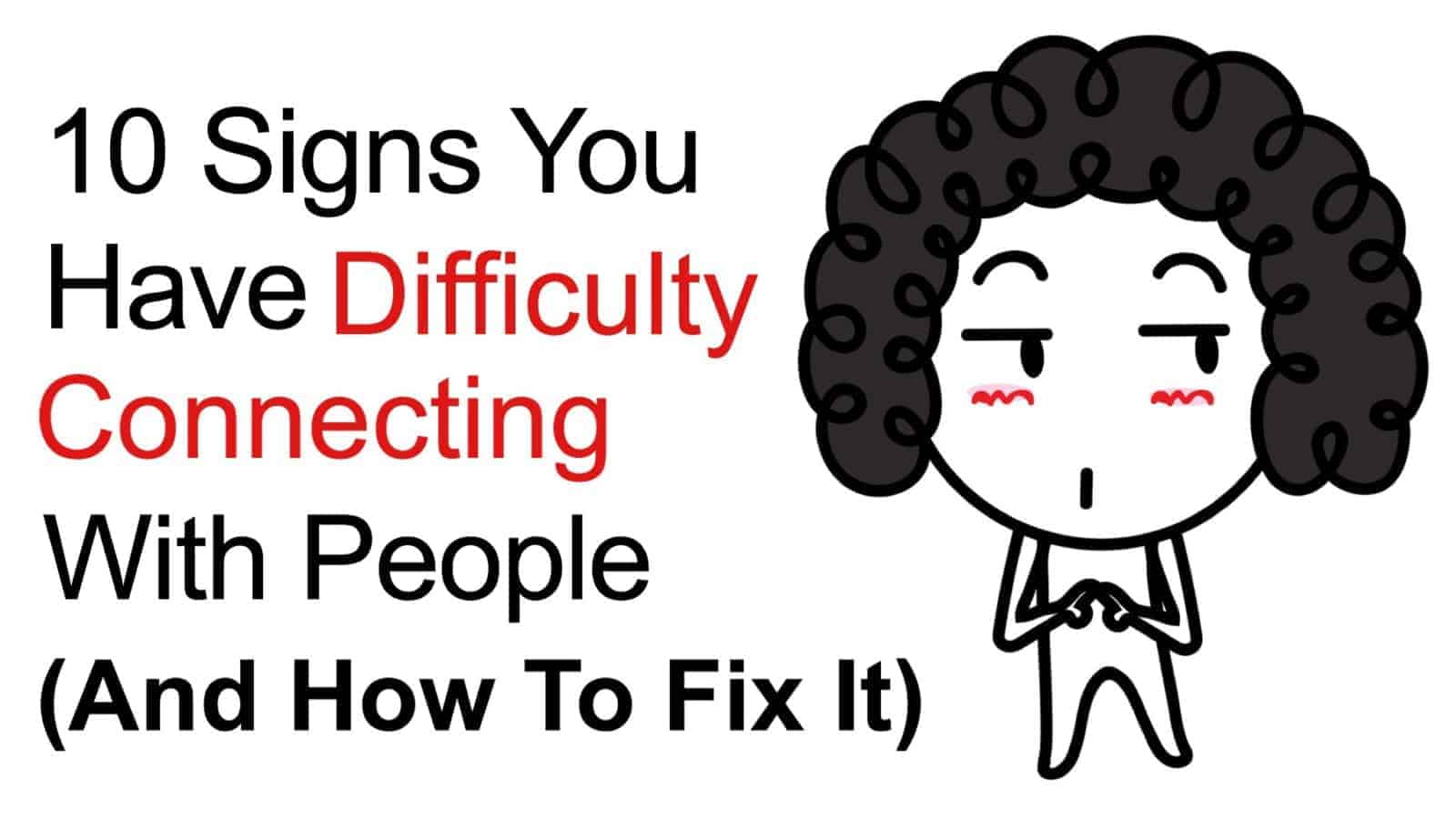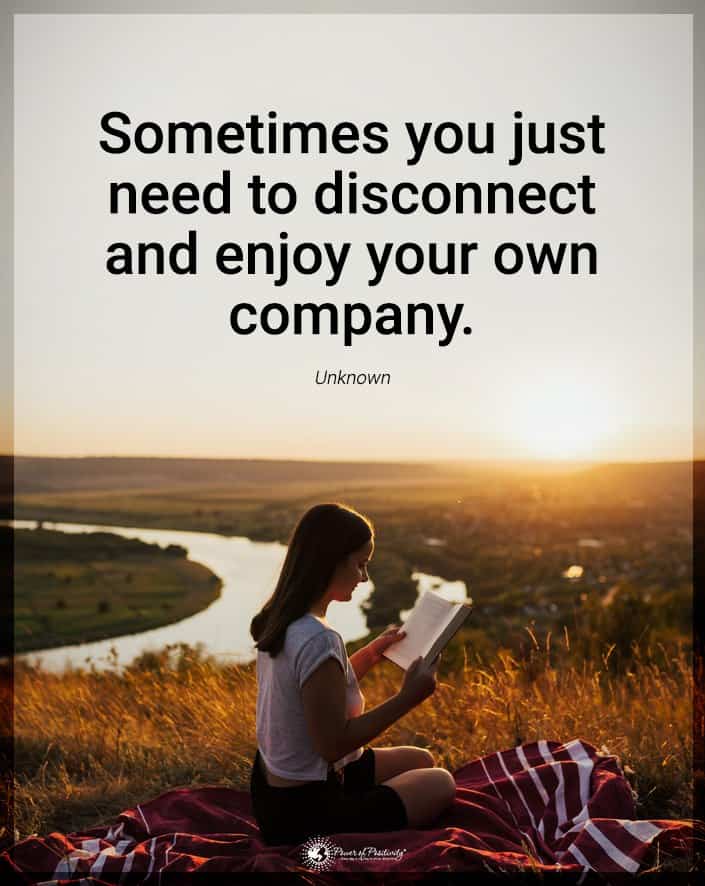Do you find connecting with others challenging? The good news–you are not alone!
“Man is by nature a social animal; an individual who is unsocial naturally and not accidentally is either beneath our notice or more than human. Society is something that precedes the individual. (One who) does not partake in society is either a beast or a god.” ~ Aristotle
“Huh?!”
Oh, yes he did. Aristotle, for all of his philosophical brilliance, was prone – as most of us are – to saying strange things. We’ll throw the ole’ sage a bit of a lifeline: he was born before the findings of some pretty important stuff. Like medicine and psychology.
He was right, however, about one thing: human beings are social creatures.
As of this writing, no unsocial person has been busted for being a god or a beast.
“What does ‘social animal’ mean?”
Adam Waytz, a psychologist and professor at the Kellogg Graduate School of Management at Northwestern University, explains the “humans are social animals” concept:
“…the concept of humans as “social by nature” has lent credibility to numerous significant ideas: that humans need other humans to survive, that humans tend to be perpetually ready for social interaction, and that studying specifically the social features of human functioning is profoundly important.”
Basically, Waytz is saying that we’re co-dependent animals – a trait of our species attributable to millions of years of evolution. Further, despite individual preferences, we expect to interact with other people in daily life.
Why some of us aren’t social and have trouble connecting
Unfortunately, society makes some people feel like a square peg in a round hole. That very reserved person you probably know still feels this way occasionally. Many of you reading these words may feel the same.
That said, we do need to socialize on occasion. It’s, for some, an uncomfortable fact of life.
So, do not fear my fellow wallflower! We’re going to talk about ten reasons why you’re inclined to avoid people like the plague. We’re even going to go a step further and provide some tips that may make the social stuff a bit easier.
Here are 10 reasons why you may have a hard time connecting with people:
1. You’re depressed/anxious, causing issues in connecting
If you fall into this category, do not fret. You’re certainly not alone. Depression and anxiety affect more than 40 million Americans – and millions more worldwide.
Depression can feel like a dark cloud above your head. Anxiety, which often accompanies depression, creates a sense of chronic tension and uneasiness.
Tip: Depression and anxiety are treatable conditions; though full recovery may take some time. The best advice is to research your symptoms and find what treatment method(s) work for you.
2. You’re dealing with personal issues
We’ve all heard the saying “Don’t judge a book by its cover.” Many people are all-too-willing to ignore this advice, however.
The truth is that people may be ignorant about your social tendencies. You may be dealing with something heavy on your heart, which does not make socializing an easy task.
Tip: If your problems are creating a deep sense of discomfort in social settings, your available options will depend on the circumstance. Many companies offer a program called EAP (in the U.S.) that aims to help employees having a hard time.
3. You feel awkward
There is no shame in admitting to yourself that you’re uncomfortable with socializing. Unsociable behavior stemming from awkwardness can be overcome with some practice.
Tip: Try some visualization or meditation. Learning basic mindfulness techniques can help overcome many innate stressors you may feel. You have more control over your body than you think!
4. Socializing drains your energy
If socializing always seems to zap your energy reserves, it’s probably because of your more introverted nature. Depression is also a distinct possibility.
To be clear, there is no correlation between introversion and depression. The former is a personality type; the latter is a serious mental health issue (see #1).
Tip: You must listen to your body and what it needs; and if it needs solitude, it needs solitude. If you feel that something may be “off,” consider scheduling an appointment with your doc.
5. Your social skills are lacking
Social skills are a learned behavior. For whatever reason, you may feel unequipped to navigate the social area of life – and this is no fault of your own. With some practice, you can improve your social aptitude.
Tip: Read up. Dale Carnegie’s How to Win Friends and Influence People” is not one of the best-selling books of all time for no reason. There are also plenty of free resources on the interwebs.
6. You have a fear of rejection
According to Psychology Today, “The fear of rejection is one of our deepest human fears. Biologically wired with a longing to belong, we fear being seen in a critical way.”
Though we may all be different personality-wise, we’re all wired to have some degree of human contact. Fear of rejection often stems from abandonment, which is a complex issue.
Tip: Given the seriousness of the topic at hand, it’s probably in your best interest to consult with a therapist. Mindfulness meditation has shown to be of benefit for a multitude of complex conditions as well.
7. You’re in a new environment
Nothing to be ashamed of here! We’re all uncomfortable in a new environment – some more than others. If you have difficulties in this area, do not fear.
Tip: Take the time to say “Hello.” Keep the conversation simple if this approach is more comfortable. Most people have good hearts – if you’re friendly, the odds are that they’ll reciprocate.
8. You hesitate about connecting because you are introverted or shy
The introverted mind is literally wired differently. Here’s a quick illustration: functional magnetic resonance imaging (fMRI) shows that an introvert’s brain prefers the acetylcholine pathway, while our extrovert friends’ prefer the dopamine pathway.
In short, extroverts need external stimulation for energy. Introverts turn inwards for their energy shot.
Tip: While it’s not a perfect science, psychological tools like the Myers Briggs Typology Indicator (MBTI) can provide some valuable insight into your distinct personality. From there, it’s up to you to find a resource that works on your social skills, if you so desire.
9. You aren’t good at small talk
Ah, yes … sweet silence. Well, it would be sweet if someone wasn’t expecting you to respond to… Why are they asking me about my pets? Do I even know them?
Fix: Memorize a couple of questions, seriously. Small talk will always be the bane of some people’s existence.
10. You don’t like connecting
Right? One day (hopefully) it will be completely acceptable to deny an invitation to chat with a simple “I don’t feel like talking.” That is, without experiencing a pang of guilt; or having the entire room whip their heads around to eyeball you.
Tip: Get out of your comfort zone a bit. Sometimes (sometimes!) us shy folks are a bit too eager to retreat from people. On occasion, it’s a good idea to get out there and try some “meet and greet.”
If all else fails, there’s probably some coffee shop or bookstore nearby. Just sayin’.















 Community
Community

